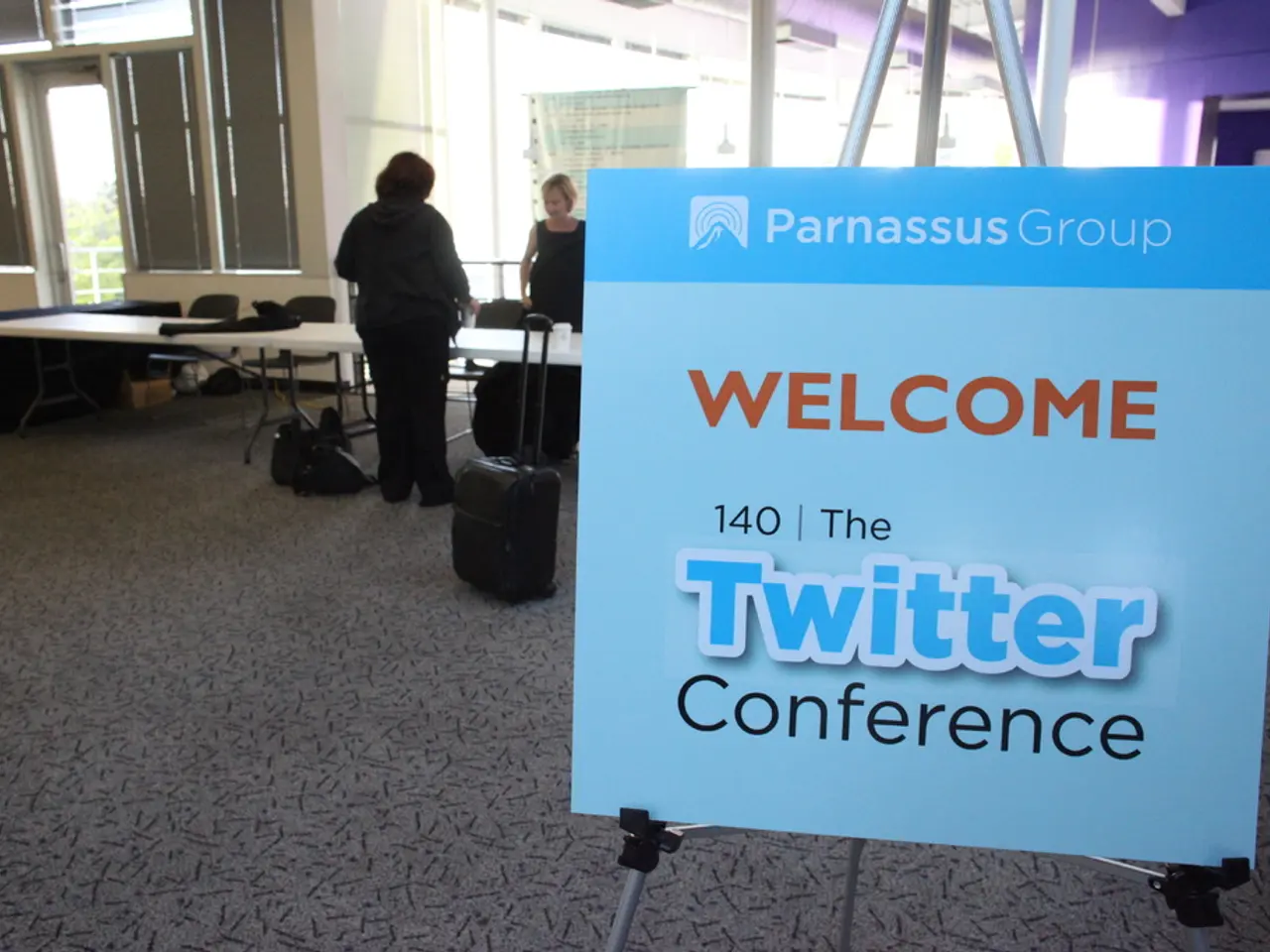Comparing the subjects to Mohamed Bourouissa
In today's digital age, social media has become an integral part of daily life for many individuals in Western societies. While it offers a platform for self-expression and identity exploration, it also raises concerns about community belonging and support networks.
The emphasis on self-realization, akin to Maslow's concept of self-actualization, is a defining characteristic of Western individualistic societies. This focus on personal growth and autonomy can potentially conflict with the communal need for belonging, which includes connection, acceptance, and shared identity.
Social media amplifies this dynamic by providing platforms for extreme self-expression. However, it also exposes individuals to frequent social comparison, feelings of invisibility, or alienation, especially when their personal identity experiences are not fully recognized or accepted by others. The emotional energy required to navigate these identity negotiations can reduce the felt sense of belonging, as individuals feel unseen "in their fullness" and face challenges engaging in authentic community dialogue.
Moreover, social media-driven self-realization can highlight and deepen feelings of social isolation or alienation, especially when offline community spaces that foster physical social connections are inaccessible or unwelcoming. This tension reflects a broader societal challenge: while social media broadens possibilities for self-realization, it may undermine the psychological need for belonging by fragmenting common cultural or social understanding in individualistic societies.
Interestingly, the use of social media may be related to the emphasis on self-realization in Western societies. Some individuals may turn to social media out of a lack or desire for resources, while others may be driven by the constant desire for more, a common theme among social media users. This desire for more can reflect the desire for more in individuals who have not, cannot have, or desire more.
In summary, extreme self-realization facilitated by social media in Western individualistic societies tends to complicate community belonging by intensifying individual identity expression while simultaneously increasing emotional labor, social fragmentation, and potential alienation. The need for inclusive, emotionally intelligent community spaces both online and offline is highlighted, as these spaces could help bridge the gap between self-realization and community belonging.
Read also:
- Netflix documentary uncovers identical pay rates between Dallas Cowboys Cheerleaders and Chick-fil-A employees
- Exploring the Rise of Camila Araujo: An Insight into the Life of an Emerging Talent
- Prices for potatoes and cabbage in Russia have dropped significantly, with reductions exceeding 33%
- Highlighting the Significance of Off-the-beat Experiences








